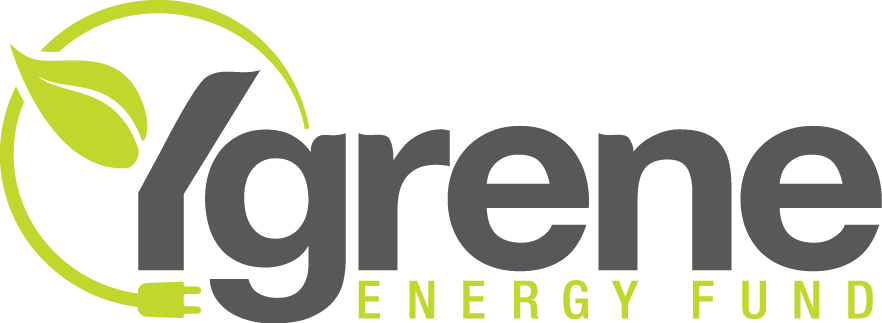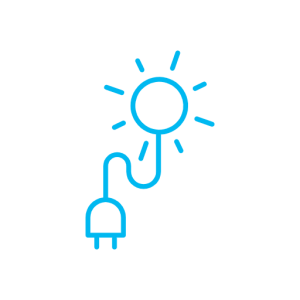



Buy solar panels outright and see immediate monthly savings on your power bill
System Owner
You
Purchase Details
Finance your purchase with an affordable monthly payment
System Owner
You
Go solar for no upfront cost and only pay for the power you produce
System Owner
Financing Partner
Lease solar panels for no money down and get guaranteed solar production
System Owner
Financing Partner





Types of loans include:
A secured loan is often preferred because it typically has lower interest rates. Many solar providers work with lenders that offer solar loans, but you should check with banks and credit unions as well. Compare offers to make sure you are being offered a reasonable interest rate.
If you install and own a solar system by the end of 2020, there is a 26 percent federal tax credit available (also referred to as the “ITC”). The federal tax credit drops to 22 percent for systems installed in 2021, and 0 percent for systems installed after 2021. If you have questions about the ITC or whether a loan is tax deductible, speak to a Certified Public Accountant (CPA) for tax advice.
Unless you purchase a maintenance plan or your system comes with one, you will be responsible for any maintenance and repairs. Make sure you save the equipment warranties, particularly for the inverter, which may need to be replaced sooner than other equipment. If you sell your home, look for real estate agents and appraisers with experience selling homes with solar. You may include the system in the house sale just like any other major home component.

PACE is a financing option that is available in some areas of California. In a PACE financing arrangement, a PACE Program Administrator finances the upfront costs of a solar system, which you then pay through an assessment on your property tax bill. With PACE financing, you own the solar system.
PACE financing lasts for a fixed term, typically around 10-30 years, and it is attached to your house. If you sell your house before you have fully paid the PACE assessment, a buyer may require you to pay off the assessment, which will is the remaining balance and could be thousands of dollars. Some mortgage lenders will not loan money to buyers to purchase properties with PACE liens unless the full assessment is paid.
Unlike Leases and Power Purchase Agreements that require monthly payments, PACE assessments are typically due once or twice a year, in larger lump sums, with your property taxes. Given this unique arrangement, it’s important to understand how much you will owe and when, so that you can set aside enough money throughout the year to cover the amount. If your house is mortgaged and you typically pay your taxes with an escrow or impound account, your mortgage company may increase the amount you pay monthly to cover the anticipated increase to your property tax bill. Discuss how PACE will affect your monthly mortgage payment before you sign an agreement.
Be aware that if you fail to make your PACE payments included with your property taxes or mortgage, your home could be put in foreclosure.
Top 4 considerations for solar loans:

Solar leases and power purchase agreements (PPAs) are similar to renting your solar PV system. They give you many of the financial benefits of installing a solar power system without having to pay for it.
You enter into an agreement with the solar leasing company that entitles you to the benefits of the system (i.e., the energy that the solar panels generate) for the term of the contract, which is generally around 20 years.
Under these arrangements, the solar leasing company owns and maintains your solar panel system, so it is entitled to the rebates, tax breaks, and financial incentives that are available for the solar panel system. Consumers can indirectly benefit from those savings through lower electricity rates.
Terms of agreement The structure of your agreement will vary slightly depending on the type of solar lease/PPA you choose. Solar leases and solar PPAs come with $0-down, prepaid, and custom down payment options, and are available to consumers in about 25 U.S. states. Lease and PPA terms vary greatly by state and by the installer, so explore multiple options to ensure that you choose the financing choice that best fits your needs.
Top 4 considerations for solar leases and PPAs:
Get in touch with a Solar Advisor at
(833) SUNUP4U (833-786-8748)
8850 Auburn Folsom Rd Suite E Granite Bay, CA 95746